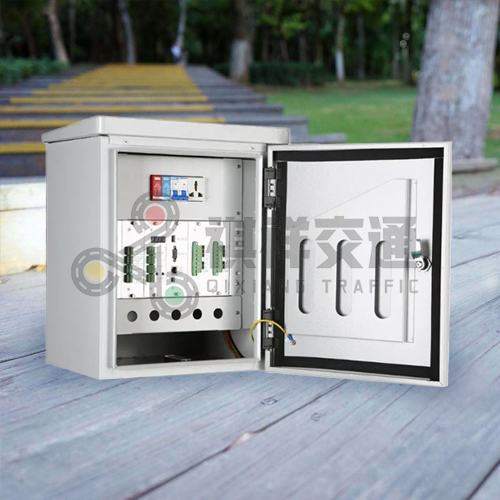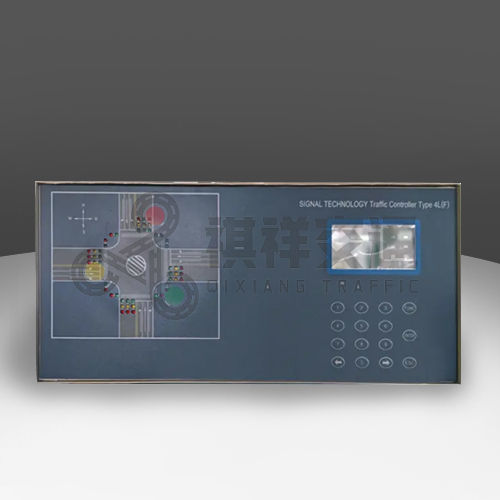Traffic signals are vital to maintaining smooth flow of traffic in urban areas. Traffic signal controllers manage and regulate traffic flow at intersections. There are different types of traffic signal controllers, each serving a specific purpose. In this article, we will discuss two main types of traffic signal controllers: networked traffic signal controllers and single point traffic signal controllers.
Networked traffic signal controller:
Networked traffic signal controllers are designed to work together as a cohesive network. These controllers are connected to a central traffic management system and can monitor and adjust signals in real-time based on traffic conditions. This type of controller is typically used in urban areas with heavy traffic volumes and complex intersection layouts.
One of the main advantages of networked traffic signal controllers is the ability to optimize traffic flow in intersection networks. By coordinating signals based on real-time traffic data, these controllers can reduce congestion, minimize delays, and improve overall traffic efficiency. Additionally, networked controllers can adapt to changing traffic patterns, such as during peak hours or special events, ensuring traffic continues to flow smoothly.
Another benefit of networked traffic signal controllers is their ability to communicate with other traffic systems, such as public transit and emergency services. By integrating with these systems, network controllers can prioritize transportation vehicles, speed up emergency response times, and improve overall transportation operations.
Single point traffic signal controller:
Single point traffic signal controllers are designed to manage individual intersections independently. These controllers are programmed to operate based on preset signal timing and do not have the ability to communicate with other intersections or central traffic management systems. Single point controllers are typically used in rural and low-traffic areas where traffic needs are not as high or complex.
Despite their limited functionality, single point traffic signal controllers are critical in regulating traffic flow at various intersections. These controllers ensure vehicles and pedestrians can safely navigate intersections by providing clear and predictable signals. In addition, single-point controllers can be programmed to adapt to traffic patterns at specific times of day, such as school zone restrictions or nighttime traffic signals.
One of the main advantages of single point traffic signal controllers is their simplicity and cost-effectiveness. These controllers are relatively easy to install and maintain, making them a practical choice for areas with fewer resources and lower traffic. Additionally, single-point controllers can be easily customized to meet the specific needs of specific intersections, ensuring traffic signals are suitable for local conditions.
Overall, both networked and single point traffic signal controllers play a vital role in managing traffic flow and ensuring the safety of road users. While network controllers provide advanced functionality for optimizing network traffic at intersections, single-point controllers are critical for regulating traffic at individual intersections. By understanding the different types of traffic signal controllers and their functions, transit agencies can make informed decisions about how to best manage traffic in their communities.
If you are interested in traffic signal controllers, welcome to contact Qixiang to get a quote.
Post time: Feb-21-2024








